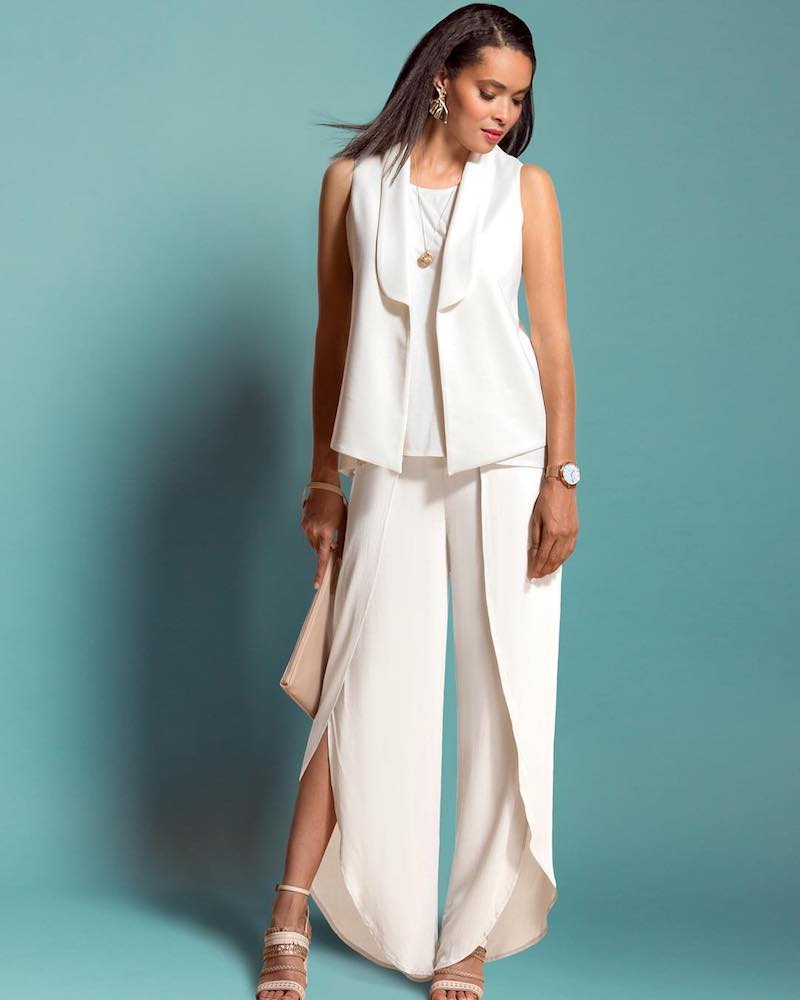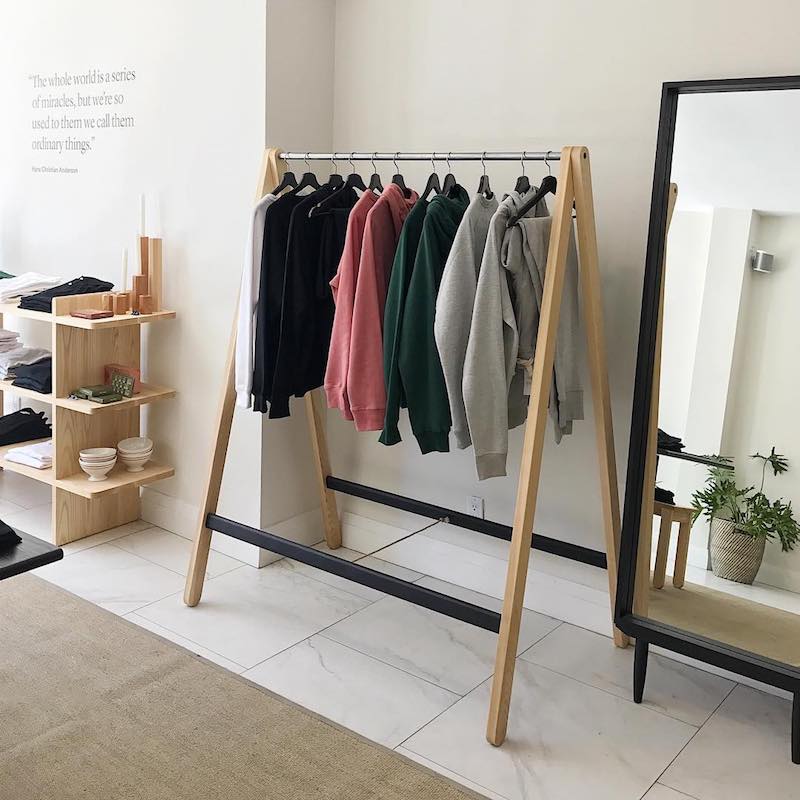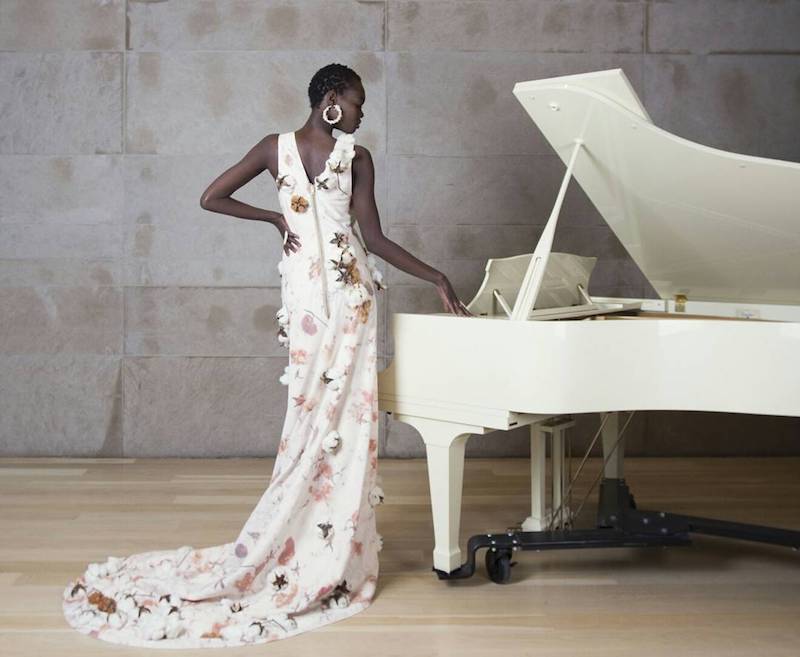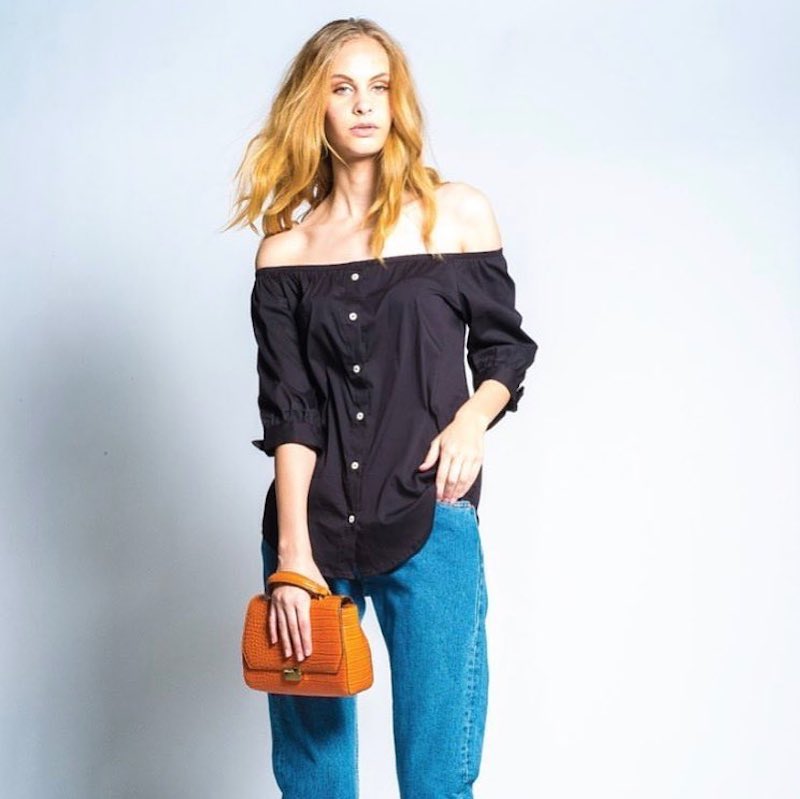Canadian fashion brands have taken great strides in minimizing their ecological footprint over the years. Some designers have changed the way consumers think about eco-fashion by using sustainable fabrics and recycled textiles that don’t decompose, such as plastics, and turning them into trendy, wearable garments.
With local brands seeking ways to reduce, reuse and recycle, larger, high-end designers and retailers are forced to do the same if they want to remain relevant in today’s buyer’s market.
Let’s face it though, eco-fashion usually gets a bad wrap. When you think of ethical, sustainable fashion, you probably picture something muted, shapeless and wooly – like a potato sack.
But with the fashion industry being the second largest polluter in the world (after the oil industry), the perception that eco-fashion is dismal needs to change.
According to a study from the Business Development Bank of Canada, more and more Canadian consumers are looking for locally made products. The study also identified five trends that are increasingly shaping consumer behaviour:
- Buying local – An increasing amount of consumers are aware that buying Canadian-made may be a better ethical and environmental choice.
- Health awareness – The growing population is becoming more aware of the benefits of making healthy choices when it comes to not just food, but cosmetics and clothing.
- Being thrifty – Canadian incomes are stagnant and debt is high. As baby boomers retire, millennials will be living on fixed incomes and with that, purchasing local, ethical goods is simply more cost effective in the long run.
- Desire for custom goods – consumers are looking the buy exactly what they want and today’s technology makes that possible. There isn’t as large of a desire as there once was to buy mass marketed clothing that every other person has.
- Online research – There has been an increase in online research about a product’s pros and cons even when consumers doesn’t actually buy said product online.
All these trends point to the ethical clothing movement that seems to be etching its way upon the fashion world. From clothing to accessories, there is a growing number of local designers who are working towards shaping a more sustainable fashion industry in Canada. Here are a few Toronto-based designers who are doing just that.
Miik Inc.

Miik is a brand that is actually made right in Toronto. Their products are made of bamboo which is milled in the city in what is called a closed loop process which is more sustainable. Milling, designing and sewing all their garments locally supports local businesses and minimizes carbon emissions. The Miik brand is currently carried in 75 stores across Canada.
Fig

Fig is a sportswear brand for the active, urban and elegant woman who loves to travel. Many of their products are made with organic cotton which is always better because there are no pesticides used in its production. The brand’s garments are inspired by adventure and practicality all while keeping in mind the need for functionality and versatility.
KOTN

KOTN came about from a desire for good quality and simple essentials that don’t cost a fortune. All of KOTN’s clothing focuses on authentic Egyptian cotton sourced from Nile Delta. Egyptian cotton is finer, softer and more breathable than any other cotton. KOTN works directly with farming families in Egypt and make their own fabrics from raw cotton bought at guaranteed prices. Consider it farm-to-table but for clothing.
Peggy Sue Collection

No other fashion designer does ethical sourcing like Peggy Sue Deaven-Smiltnieks. The woman behind Peggy Sue Collection sources every single fibre she uses from Ontario farmers. She also sources all the weaving, tanning and construction of her garments locally for beautiful minimalistic clothing with tons of texture.
Preloved

Up-cycling is one of the most eco-friendly ways to manufacture clothing and Toronto clothing company Preloved was one of the first brands to use the technique. Preloved’s high-quality, well-constructed, designer garments are made from a variety of recycled vintage pieces, deadstock and overrun fabrics. Such a method allows Preloved to keep their production local and their costs low, giving the consumer a great price.
Did we miss any of the best ethical Toronto brands?
Featured Image: @jacquelineyschiu in @wearkotn
Posts you might be Interested in:
Lush Cosmetics is Hosting a Huge Job Fair + Hiring 1000 People
This is Why Society has Become so Obsessed with Buying Luxury
Forever 21 Accused of Stealing Designs from Local Canadian Designers
Tokyo Smoke Redefines the Stoner with New Toronto Flagship Store
10 of the Best Designed Stores in Toronto
